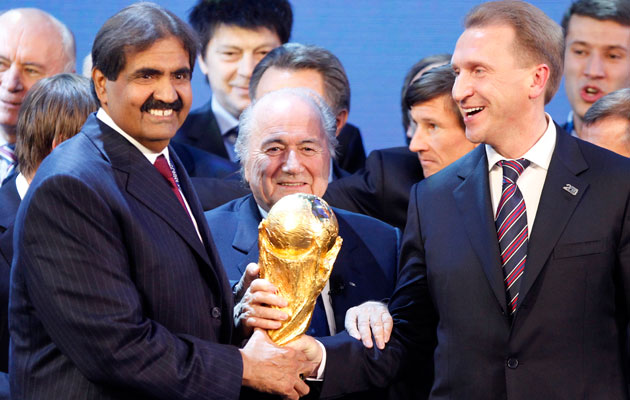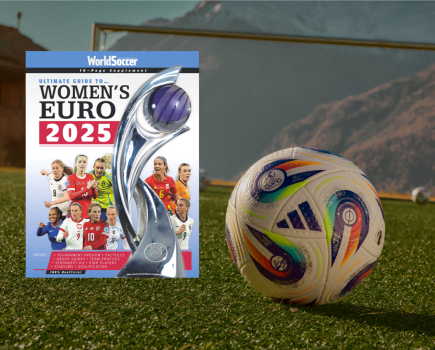But confirmation from FIFA yesterday of a reduction to 35,000 in capacities of the stadia in the western and eastern extremes of Kaliningrad and Yekaterinburg may not be the end of the matter.
The cutback was among a swathe of decisions by the executive committee at its first formal meeting since the successful World Cup finals in Brazil.
The Russian scheme for the finals, unveiled in the autumn of 2012, foresaw a 45,000 capacity in Kaliningrad, the strategically significant Baltic enclave bordering the Poland, and 44,000 in Yekaterinburg.
However hints of possible venue cutbacks emerged in July after a first admission by Russian Sport Minister Vitaly Mutko that significant work had yet to start and a comment by FIFA president Sepp Blatter about discussions over stadia map revisions.
Kaliningrad’s political significance means it will not be dropped but such certainty does not apply to Yekaterinburg. The city which saw the murder of the Tsar’s family in 1917 is not only run by opponents of President Vladimir Putin but is by far the furthest eastern venue.
For example, the distance from Kaliningrad to Yekaterinburg is equivalent to the distance from Paris to Moscow.
Ultimate responsibility may fall to Michel Platini. UEFA’s president has just been appointed chairman of FIFA’s World Cup organising committee.
Platini is fast becoming a specialist in the delicacies of Russian sports politics: the European federation is taking the lead in brokering an agreement between the Russian and Ukrainian federations over the three clubs ‘kidnapped’ by the Russian league after the annexation of Crimea.
FIFA’s executive committee also:
1, noted Sepp Blatter’s formal statement that he was ready to be a candidate to continue as FIFA president next year;
2, outlawed third party ownership of players while allowing for a transition period which could extend until 2018;
3, approved the medical committee proposal that, in a head injury incident, a game may be halted for three minute while a player’s condition is assessed by a team doctor who has ultimate authority over whether he can play on;
4, approved adherence to the tougher new WADA sanctions for doping offences;
5, authorised contact with the World Health Organization concerning the ebola outbreak in west Africa and donated $50,000 each to the FAs of Guinea, Liberia and Sierra Leone for UN-coordinated work plus $300,000 to repair the pitch of a stadium in Monrovia after the eventual closure of treatment unit;
6, authorised $1m for two turf pitches for Syrian refugees in Lebanon plus $250,000 for a football school in the disaster-hit Soma region of Turkey;
7, renewed the €100m player insurance programme for 2015-2018 (including women’s international ‘A’ matches);
8, ratified the commissioning of an independent company to ensure that pitches and training fields in Canada meet FIFA quality standards;
9, included the Copa América Centenario in the United States in 2016 in the international calendar (thus providing mandatory release of players by clubs).







